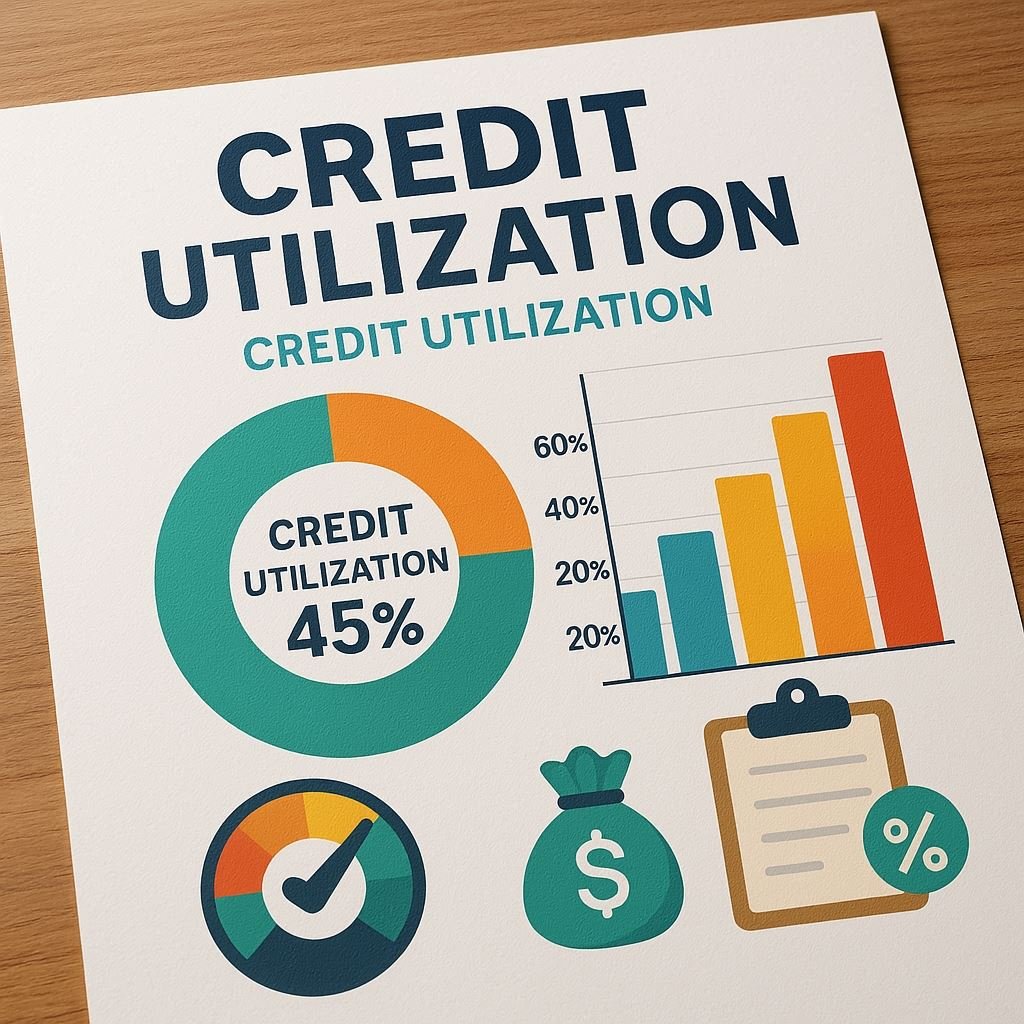Knowing how to check you credit score is an important piece of knowledge. Whether you’re applying for a mortgage, car loan, credit card, or even renting an apartment, lenders and landlords often check your score to gauge how responsible you are with money. The good news is that checking your credit score is easier than ever — and it won’t hurt your score.
In this guide, we’ll walk through what your credit score is, where to find it for free, and tips on how to monitor it over time.
What Is a Credit Score?
Your credit score is a three-digit number, usually between 300 and 850, that represents your creditworthiness. It’s based on factors such as:
- Payment history – Do you pay bills on time?
- Credit utilization – How much of your available credit are you using?
- Length of credit history – How long have you had accounts open?
- Credit mix – Do you have a variety of accounts (credit cards, loans, etc.)?
- New credit inquiries – How often do you apply for credit?
Scores above 700 are generally considered good, while 800 and above are excellent. Lower scores may make it harder to qualify for loans or may result in higher interest rates.
Does Checking Your Credit Score Hurt It?
No. Checking your own credit score is called a soft inquiry and it has no impact on your score. Only hard inquiries — which happen when you apply for new credit — can temporarily lower your score by a few points.
So feel free to check your score regularly. In fact, monitoring it can help you spot potential errors or signs of identity theft early.
Where to Check Your Credit Score for Free
Here are some of the most reliable ways to check your credit score:
1. AnnualCreditReport.com
The only federally authorized website to get your free credit reports from all three bureaus is AnnualCreditReport.com. Normally, you can get one free report from each bureau per year. As of recent updates, free weekly reports have been made available to help consumers stay on top of their credit.
Keep in mind: these reports show your detailed credit history, not always your score. Some services charge a fee to see your actual score.
2. Directly from the Bureaus
Each credit bureau offers options to view your credit score:
- Equifax offers credit score monitoring tools.
- Experian provides a free FICO score with account signup.
- TransUnion gives score tracking as part of their paid services.
3. Through Your Bank or Credit Card Company
Many banks and credit card issuers now provide free access to your credit score as a perk. For example, Discover, Capital One, Chase, and American Express all have programs where you can check your score at no cost, usually updated monthly.
4. Credit Monitoring Apps
Apps like Credit Karma and Credit Sesame provide free access to VantageScore credit scores along with useful tools to track your progress. While these may not always match the FICO score most lenders use, they are still excellent for monitoring trends over time.
How Often Should You Check Your Credit Score?
There’s no penalty for checking as often as you like, but most people find that once a month is plenty. Setting a reminder to check your score regularly helps you:
- Track improvements if you’re working on credit repair.
- Catch errors early (for example, accounts that don’t belong to you).
- Stay motivated as you build a stronger financial profile.
Tips for Maintaining and Improving Your Score
Checking your score is just the first step — maintaining or improving it is the real goal. Here are a few simple habits that make a big difference:
- Pay bills on time – Even one late payment can drop your score significantly.
- Keep credit utilization low – Aim to use less than 30% of your available credit.
- Avoid opening too many new accounts – Each hard inquiry can slightly lower your score.
- Check for errors – Dispute any inaccuracies on your report directly with the bureaus.
- Be patient – Credit building takes time, but steady positive behavior adds up.
Final Thoughts
Your credit score is a powerful financial tool — and the first step to improving it is knowing where you stand. Thanks to free resources from the credit bureaus, banks, and trusted apps, you don’t have to pay to keep an eye on your score.
By checking regularly, you’ll have a clear picture of your financial health and can make smarter decisions about borrowing, saving, and investing in your future.





